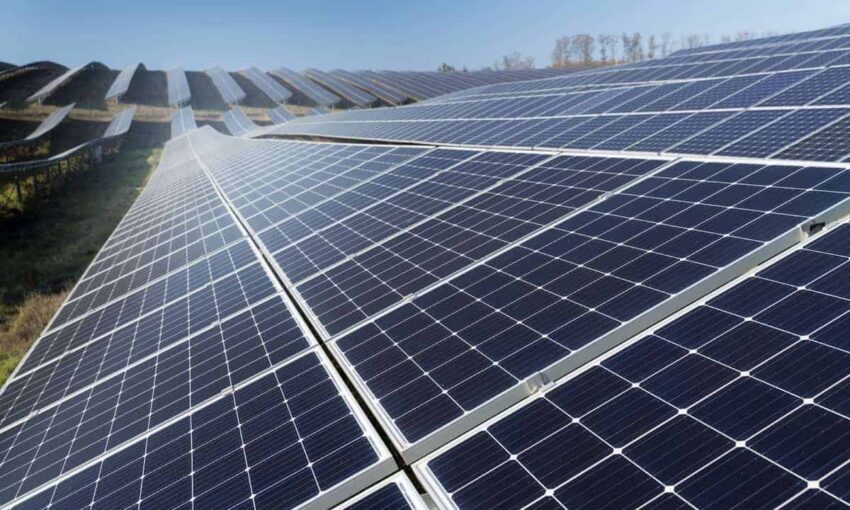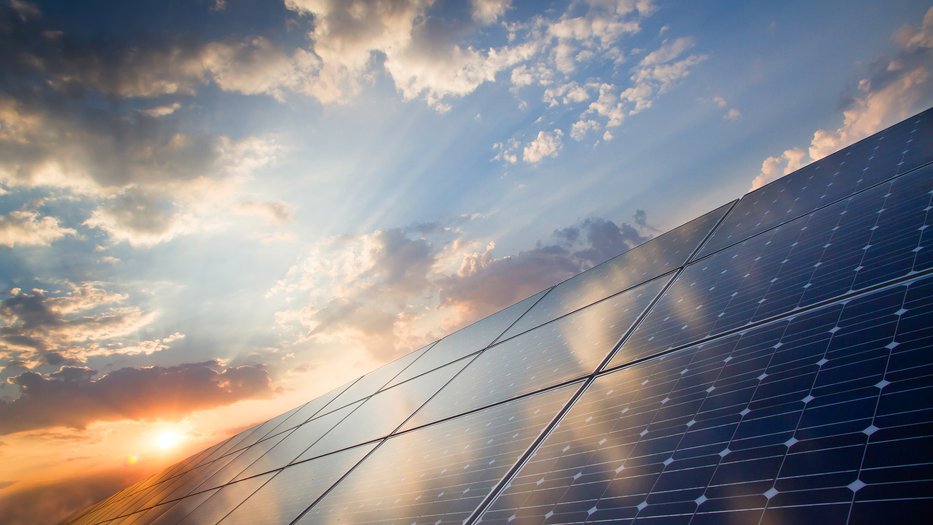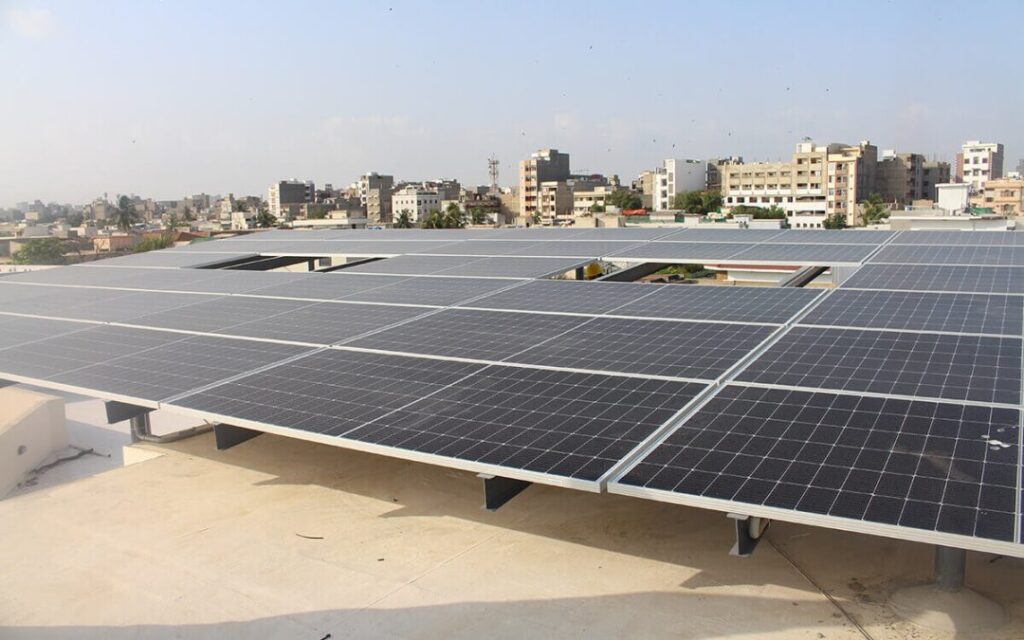In today’s world, sustainable living is more than just a buzzword—it’s a necessity. As the global population continues to grow and resources become scarcer, finding ways to reduce our environmental impact is crucial. One of the most effective ways to achieve this is by harnessing the power of the sun through solar panels. This article explores how solar panels contribute to sustainable living, highlighting both their environmental and economic benefits.
Understanding Solar Panels
What are Solar Panels?
Solar panels, also known as photovoltaic (PV) panels, are devices that convert sunlight into electricity. They are composed of numerous solar cells made from semiconductor materials, typically silicon, that absorb sunlight and generate electric current.
How Do Solar Panels Work?
When sunlight hits the solar cells, it excites electrons, creating a flow of electric current. This direct current (DC) electricity is then converted into alternating current (AC) by an inverter, making it suitable for household or commercial use. This process is clean, renewable, and highly efficient, offering a sustainable alternative to traditional energy sources.
Environmental Benefits of Solar Panels
Reduction in Greenhouse Gas Emissions
One of the most significant environmental benefits of solar panels is their ability to reduce greenhouse gas emissions. By generating electricity from sunlight, solar panels do not produce carbon dioxide or other harmful pollutants, unlike fossil fuel-based power plants. This reduction in emissions helps combat climate change and reduces the overall carbon footprint.
Decrease in Air Pollution
Traditional energy production often involves burning fossil fuels, which releases pollutants into the air. These pollutants can cause respiratory problems, harm wildlife, and contribute to acid rain. Solar panels, on the other hand, generate clean energy without emitting harmful substances, leading to cleaner air and a healthier environment.
Conservation of Natural Resources
Solar energy is an abundant and inexhaustible resource. By utilizing solar panels, we can reduce our dependence on finite natural resources like coal, oil, and natural gas. This conservation effort not only preserves these resources for future generations but also reduces the environmental impact associated with their extraction and use.
Economic Benefits of Solar Panels
Reduction in Energy Bills
One of the most immediate benefits of installing solar panels is the reduction in energy bills. By generating your own electricity, you can significantly decrease your reliance on grid power, leading to substantial savings over time. In some cases, homeowners can even sell excess energy back to the grid, further offsetting costs.
Government Incentives and Tax Breaks
Many governments offer incentives and tax breaks to encourage the adoption of solar energy. These financial benefits can include tax credits, rebates, and grants, making the initial investment in solar panels more affordable. Additionally, some regions offer performance-based incentives, rewarding homeowners for the amount of energy their solar panels produce.
Increase in Property Value
Homes equipped with solar panels often see an increase in property value. Prospective buyers are attracted to the long-term energy savings and environmental benefits that come with solar energy. As a result, properties with solar panels can sell faster and at higher prices compared to those without.
Impact on Energy Independence
Reducing Reliance on Fossil Fuels
Solar panels play a crucial role in reducing our reliance on fossil fuels. By generating renewable energy locally, communities can decrease their dependence on imported fuels, leading to greater energy independence and security.
Enhancing National Energy Security
Widespread adoption of solar panels can enhance national energy security by diversifying the energy mix and reducing vulnerability to fuel supply disruptions. This shift towards renewable energy sources can help stabilize energy prices and ensure a more resilient energy infrastructure.
Technological Advancements in Solar Panels
Improvements in Solar Panel Efficiency
Technological advancements have led to significant improvements in solar panel efficiency. Modern solar panels can convert a higher percentage of sunlight into electricity, making them more effective and cost-efficient. Research and development continue to push the boundaries of efficiency, promising even greater performance in the future.
Innovations in Solar Technology
Beyond traditional silicon-based panels, innovations in solar technology include the development of thin-film solar cells, organic photovoltaics, and perovskite solar cells. These emerging technologies offer potential benefits such as lower production costs, flexibility, and enhanced performance in various conditions.
Solar Panels and Job Creation
Growth of the Solar Industry
The solar industry has experienced rapid growth in recent years, driven by increasing demand for renewable energy solutions. This growth has led to the creation of numerous jobs in manufacturing, installation, maintenance, and research and development.
Job Opportunities in Solar Panel Manufacturing and Installation
From engineers and technicians to sales and customer service representatives, the solar industry offers a wide range of job opportunities. As more households and businesses adopt solar energy, the demand for skilled professionals in this field is expected to continue rising.
Challenges and Solutions in Solar Panel Adoption
Initial Cost and Financing Options
The initial cost of solar panel installation can be a barrier for many homeowners. However, various financing options are available, including loans, leases, and power purchase agreements (PPAs), which can make solar panels more accessible and affordable.
Space and Aesthetic Concerns
Some homeowners may have concerns about the space required for solar panels or their aesthetic impact on the property. Advances in solar panel design, such as building-integrated photovoltaics (BIPV) and solar shingles, offer solutions that blend seamlessly with existing architecture.
Technological Challenges and Innovations
While solar panels are a mature technology, ongoing research continues to address challenges such as energy storage, grid integration, and efficiency under low-light conditions. Innovations in battery technology and smart grid systems are helping to overcome these obstacles, making solar energy more reliable and versatile.
Case Studies of Successful Solar Panel Implementation
Residential Solar Panel Success Stories
Many homeowners have successfully transitioned to solar energy, reaping the benefits of lower energy bills and reduced environmental impact. Stories of residential solar panel installations highlight the positive outcomes and practical considerations of adopting solar energy at home.
Commercial Solar Panel Projects
Businesses and commercial properties have also embraced solar energy, with many large-scale projects demonstrating significant cost savings and environmental benefits. Case studies of commercial solar installations showcase the potential for businesses to lead the way in sustainable energy practices.
Government and Community Solar Initiatives
Government and community-led solar initiatives have made a substantial impact by promoting renewable energy adoption on a larger scale. Programs that support community solar projects, public building installations, and renewable energy policies play a vital role in driving the transition to a sustainable future.
Future Trends in Solar Energy
Predictions for Solar Energy Adoption
Experts predict continued growth in solar energy adoption as technology advances and costs decrease. The increasing awareness of environmental issues and the economic benefits of solar energy are likely to drive further expansion in both residential and commercial sectors.
Emerging Technologies in Solar Power
Emerging technologies, such as solar windows, transparent solar panels, and advanced energy storage solutions, promise to revolutionize the solar industry. These innovations have the potential to expand the applications of solar energy and make it more accessible and efficient.
How to Get Started with Solar Panels
Assessing Your Energy Needs
Before installing solar panels, it’s important to assess your energy needs and consumption patterns. This evaluation will help determine the appropriate size and type of solar system for your home or business.
Finding the Right Solar Panel Provider
Choosing a reputable solar panel provider is crucial for a successful installation. Researching providers, reading reviews, and comparing quotes can help you find a company that offers quality products and reliable service.
Installation Process and Maintenance Tips
The installation process involves several steps, including site assessment, system design, permitting, and installation. Regular maintenance, such as cleaning the panels and monitoring system performance, ensures optimal efficiency and longevity.
Conclusion
Solar panels are a powerful tool for promoting sustainable living. They offer numerous environmental benefits, such as reducing greenhouse gas emissions and conserving natural resources, while also providing significant economic advantages like lowering energy bills and increasing property value. As technology continues to advance and more people recognize the importance of renewable energy, solar panels are set to play a crucial role in shaping a sustainable future.
FAQs
How long do solar panels last?
Most solar panels come with a warranty of 25-30 years, but they can continue to generate electricity beyond this period, albeit at a reduced efficiency.
Are solar panels worth the investment?
Yes, solar panels can provide substantial long-term savings on energy bills and offer environmental benefits, making them a worthwhile investment for many homeowners and businesses.
Can solar panels work in cloudy weather?
Yes, solar panels can still generate electricity in cloudy weather, although their efficiency may be reduced compared to sunny conditions.
How much maintenance do solar panels require?
Solar panels require minimal maintenance, typically involving occasional cleaning and regular monitoring to ensure they are operating efficiently.
What are the different types of solar panels?
The main types of solar panels are monocrystalline, polycrystalline, and thin-film solar panels, each with its own advantages and disadvantages in terms of efficiency, cost, and application.




